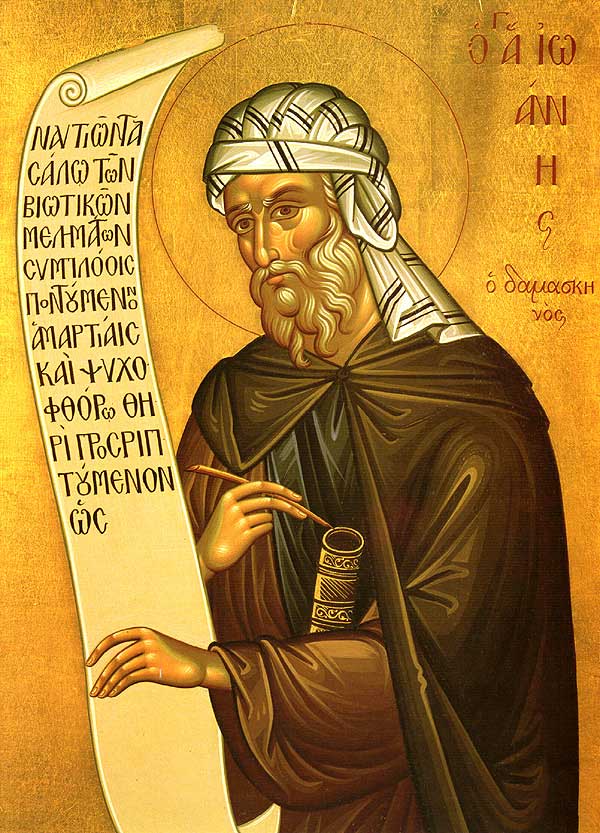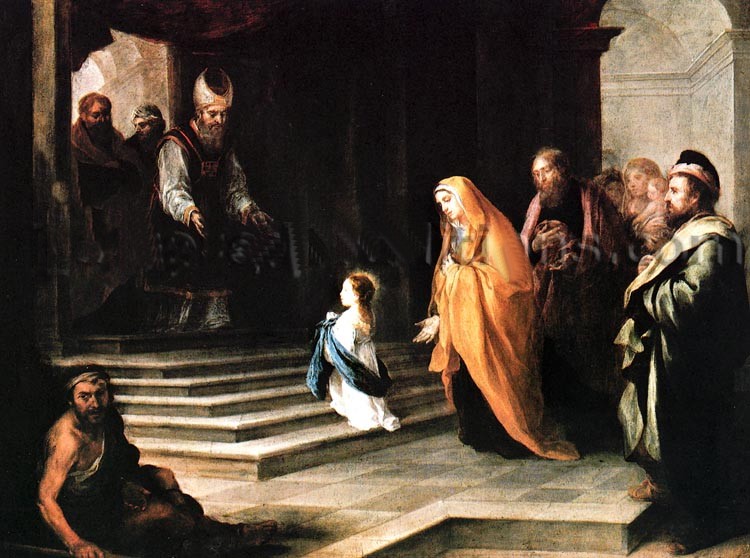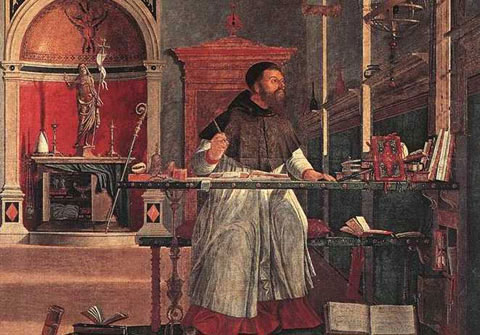Podcast: Play in new window | Download (Duration: 4:10 — 3.8MB) | Embed
Subscribe: Apple Podcasts | Spotify | Amazon Music | Android | Pandora | iHeartRadio | JioSaavn | Podchaser | Gaana | Podcast Index | Email | TuneIn | Deezer | Anghami | RSS | More
From a letter written in prison to his daughter Margaret by Saint Thomas More
(The English Works of Sir Thomas More, London, 1557, p. 1454)
With good hope I shall commit myself wholly to God
Although I know well, Margaret, that because of my past wickedness I deserve to be abandoned by God, I cannot but trust in his merciful goodness. His grace has strengthened me until now and made me content to loose goods, land, and life as well, rather than to swear against my conscience. God’s grace has given the king a gracious frame of mind toward me, so that as yet he has taken from me nothing but my liberty. In doing this His Majesty has done me such great good with respect to spiritual profit that I trust that among all the great benefits he has heaped so abundantly upon me I count my imprisonment the very greatest. I cannot, therefore, mistrust the grace of God. Either he shall keep the king in that gracious frame of mind to continue to do me no harm, or else, if it be his pleasure that for my other sins I suffer in this case as I shall not deserve, then his grace shall give me the strength to bear it patiently, and perhaps even gladly.
By the merits of his bitter passion joined to mine and far surpassing in merit for me all that I can suffer myself, his bounteous goodness shall release me from the pains of purgatory and shall increase my reward in heaven besides.
I will not mistrust him, Meg, though I shall feel myself weakening and on the verge of being overcome with fear. I shall remember how Saint Peter at a blast of wind began to sink because of his lack of faith, and I shall do as he did: call upon Christ and pray to him for help. And then I trust he shall place his holy hand on me and in the stormy seas hold me up from drowning.
And if he permits me to play Saint Peter further and to fall to the ground and to swear and forswear, may God our Lord in his tender mercy keep me from this, and let me lose if it so happen, and never win thereby! Still, if this should happen, afterward I trust that in his goodness he will look on me with pity as he did upon Saint Peter, and make me stand up again and confess the truth of my conscience afresh and endure here the shame and harm of my own fault.And finally, Margaret, I know this well: that without my fault he will not let me be lost. I shall, therefore, with good hope commit myself wholly to him. And if he permits me to perish for my faults, then I shall serve as praise for his justice. But in good faith, Meg, I trust that his tender pity shall keep my poor soul safe and make me commend his mercy.
And, therefore, my own good daughter, do not let your mind be troubled over anything that shall happen to me in this world. Nothing can come but what God wills. And I am very sure that whatever that be, however bad it may seem, it shall indeed be the best.
Excerpts from the English translation of The Liturgy of the Hours (Four Volumes) © 1974, International Commission on English in the Liturgy Corporation. All rights reserved.









